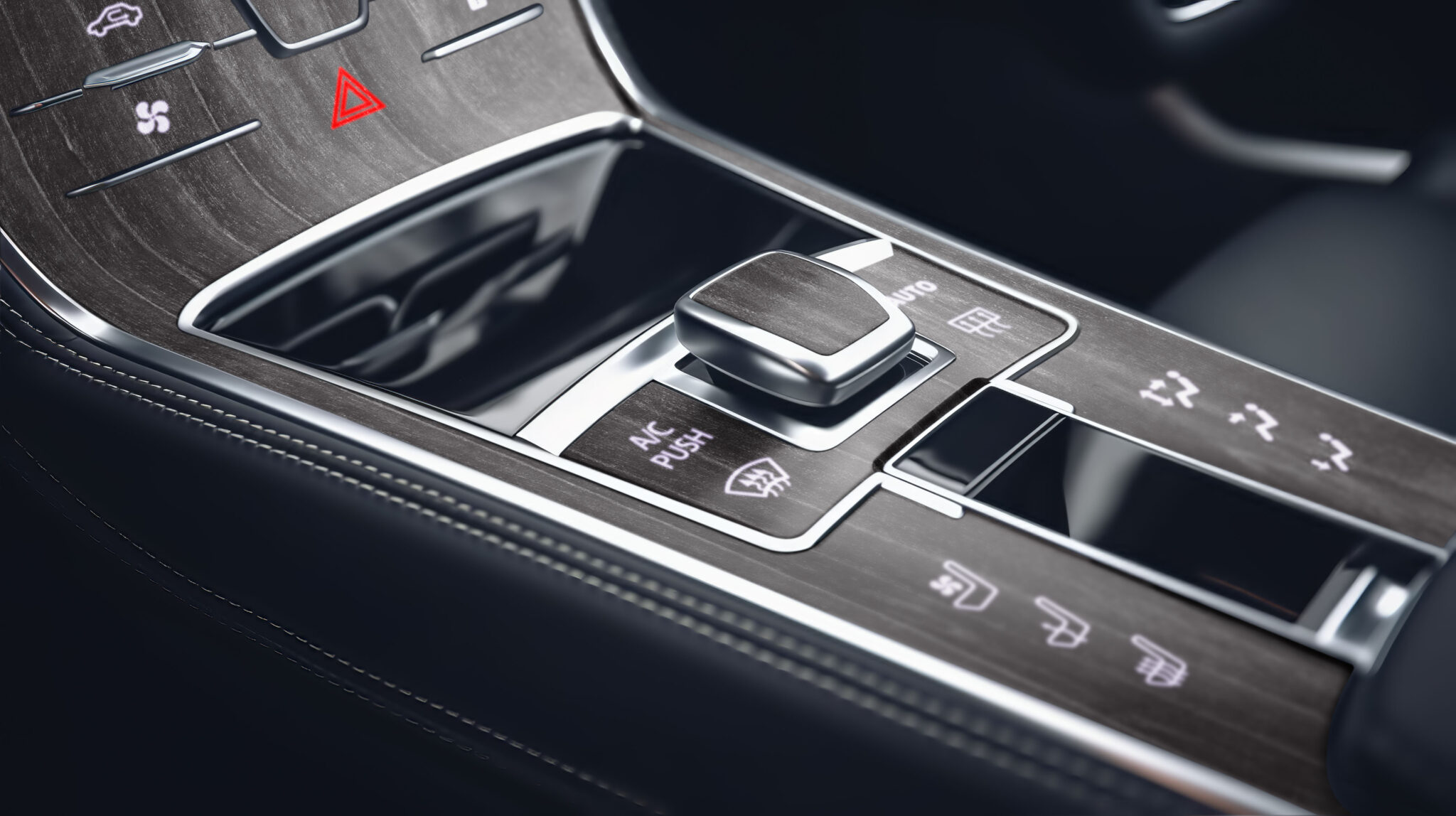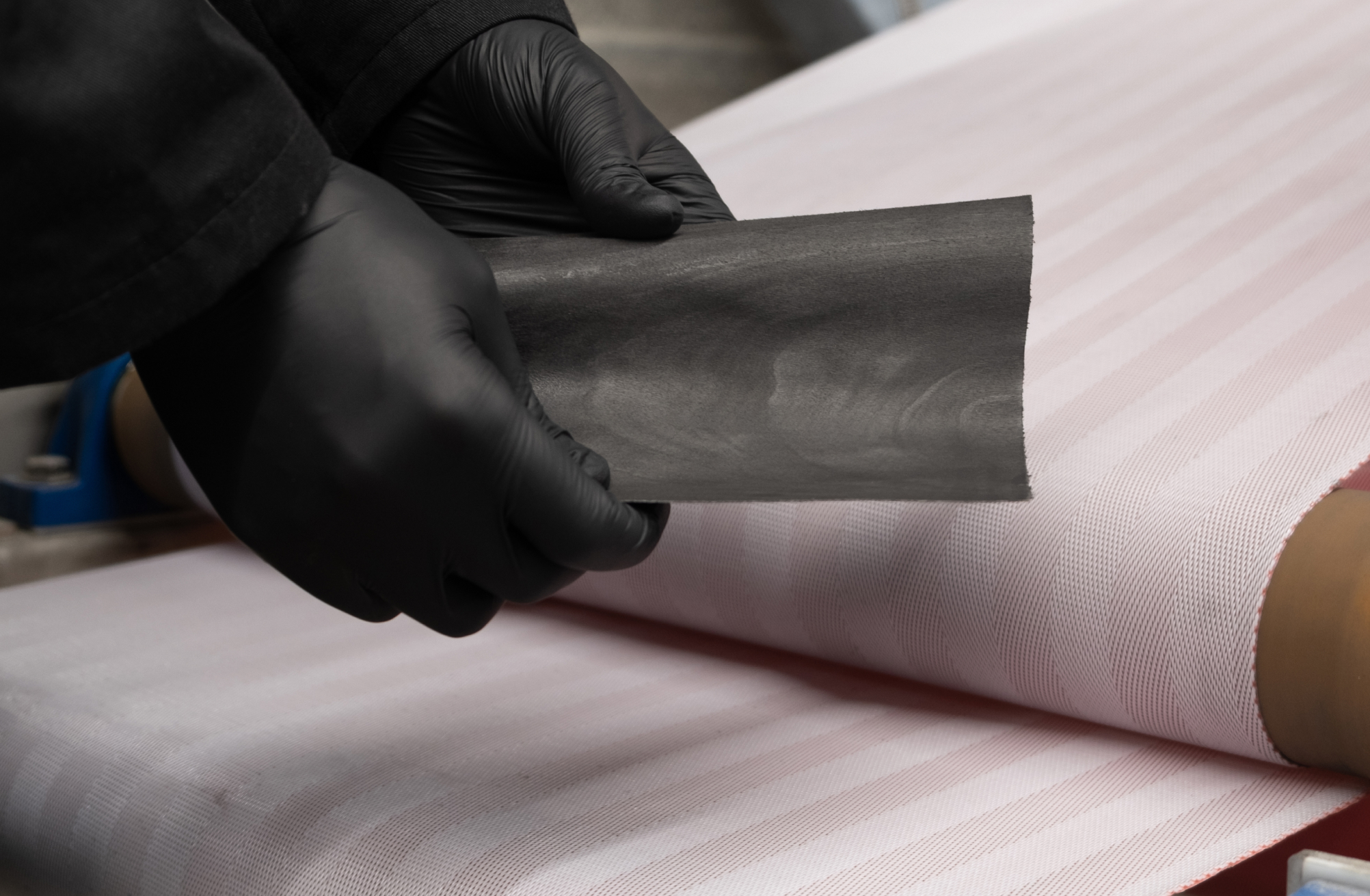Woodoo, a startup working on alternative materials for various industries, has raised $31 million. The company is manufacturing composite materials based on wood so that they can replace common materials like glass, leather and steel.
Around two-thirds of the amount raised is an equity funding round led by Chris Sacca’s Lowercarbon Capital with One Creation, Purple and various business angels also participating. Debts and grants represent one third of the total amount.
Woodoo founder and CEO Timothée Boitouzet originally studied to become an architect. He started his career working for several famous architectural firms. Among other things, he worked on Stamford Bridge, the Longchamp Racecourse in Paris and the Rolex Learning Center in Lausanne.
As is often the case with large projects like those ones, Boitouzet’s architectural firms relied heavily on glass and steel. But he started wondering about low-carbon, high-performance materials that could replace those twentieth-century building materials.
Could wood be the perfect candidate? While it’s abundant, affordable and it naturally absorbs carbon emissions, “it burns, it rots and you can’t build very high buildings because it’s not very rigid,” Boitouzet said.
Essentially, Woodoo wants to address those drawbacks so that wood-based materials become a viable alternative to more traditional materials.
“There are three components in wood. All the problems of wood are due to lignin, which is the glue between the wood fibers. It is removed and replaced by a binding agent that creates much stronger molecular bonds. This also makes the wood completely inert to its environment,” Boitouzet said.
Wood is submerged in several liquids to detach and extract lignin. The result is then fused with filling compound so that “the whole is greater than the sum of its parts,” Boitouzet said.
After five years of research and development, the company has filed for 50 patents and created three different materials. Woodoo Slim is a translucent and touch-sensitive wood panel that can be used in cars for dashboards and tactile buttons. It is much lighter than glass.

An example of Woodoo’s material used in a car interior
The second material is an alternative to leather. It is a flexible material that still features some of the distinctive design elements of wood. It has a lot of potential in the fashion and luxury industry as it’s an animal-free leather with a much lower carbon footprint. In particular, it doesn’t require as much water to produce.

Woodoo’s alternative to leather
The third material is a lightweight yet strong structural material that could be used by the construction sector. Ideally, construction companies could use this material instead of steel.
Woodoo already has two industrial sites to produce those materials with a specific focus on three verticals — the luxury, automotive and construction industries.
When it comes to its supply chain, Woodoo relies on wood from common trees, like poplars. While the company is headquartered in Paris, Woodoo created its first industrial site near Troyes because the Troyes area is one of the largest European areas for poplars.
“Either they are not exploited, or they are exploited for wood energy or materials with very low added value,” Boitouzet said. “But these are species that grow very fast, so they store the most CO2.”
With today’s funding round, the company wants to double down on its existing products and industries. “What made this important funding round possible is that we have been able to self-finance without external cash so far. I injected quite a bit of personal money, we won 44 innovation awards and of course we sell products to customers,” Boitouzet said.
Woodoo has already signed deals with luxury brands (LVMH), car markers (Volkswagen and Mercedes) and more recently the first deal in the construction industry (Garnica). And with some fresh cash in its bank account, Woodoo can now scale its production and deliver on its vision.
Woodoo is creating decarbonized wood-based materials by Romain Dillet originally published on TechCrunch















 English (US) ·
English (US) ·